PA Bryan Wogen Provides Human-Centered Care to Senior Living Residents, Many of Whom Have Alzheimer’s Disease or Dementia
‘We are definitely in there advocating for these patients and looking at them as people that we genuinely care about.’
June 28, 2024
By Jennifer Walker
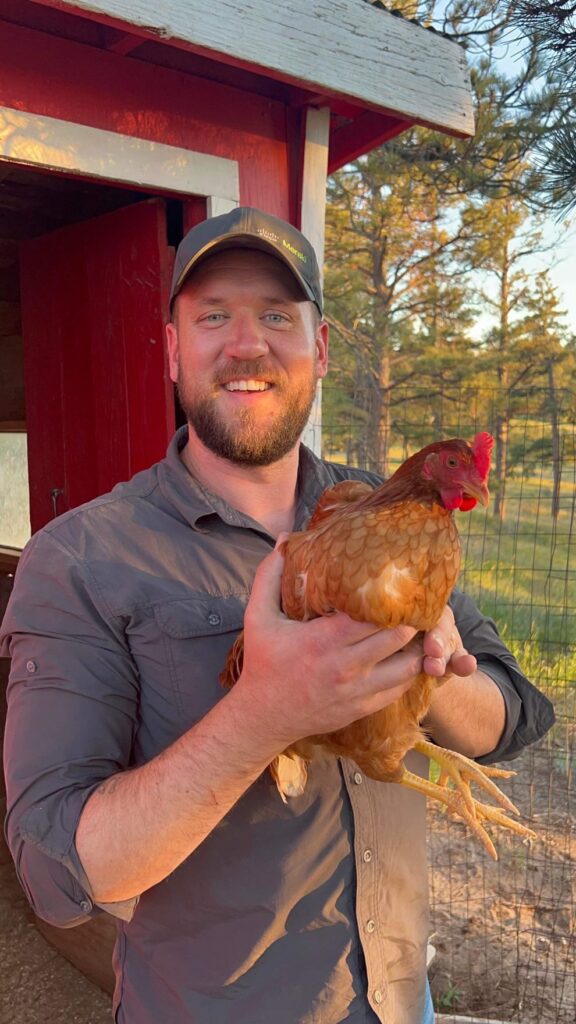
PA Bryan Wogen built his practice, Lykos Medical, around providing mobile primary care services to and advocating for an older adult patient population, age 65 and older, in Colorado. The advocacy piece is particularly important, as 50 percent of the practice’s 1,100 patients have Alzheimer’s disease or some type of dementia, the general term for a cognitive decline that can have a ripple effect in people’s lives beyond their health.
For instance, one of Wogen’s former patients, Robert, has frontotemporal dementia—a condition that can be caused when the neurons in the front and temporal lobes of the brain are damaged—and was living alone. He had no family, guardian, or power of attorney at the time of his diagnosis. He began to slip in terms of self-care, and he stopped paying his property taxes. As a result, Robert’s home in the Colorado mountains that could have been worth $2 million, Wogen said, was auctioned by the state for $6,000—the amount of the missed taxes. Robert ended up in the hospital during the eviction process and was ultimately placed in a memory care facility with a state-appointed guardian.
“Who was advocating for this man?” said Wogen, who began providing care to Robert at the memory care facility. “There was nobody looking out for him when it came to his medical needs. We are definitely in there advocating for these patients and looking at them as people that we genuinely care about.”
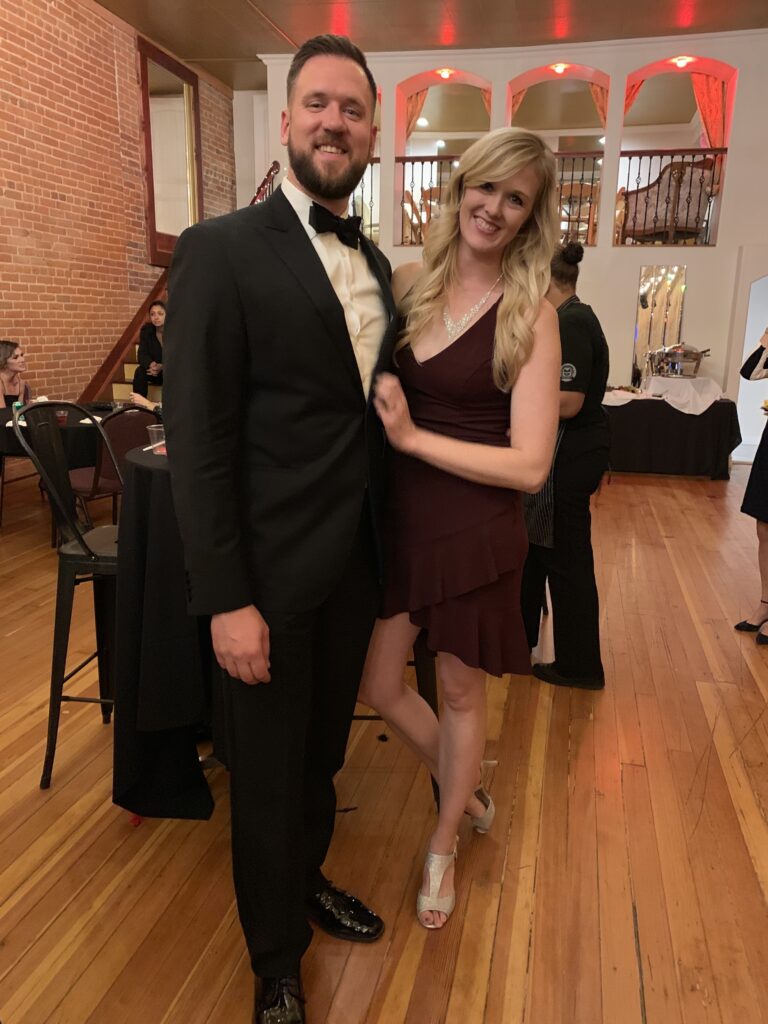
Through Lykos Medical, Wogen and a team of providers offer care at 43 senior homes, mainly focused on independent and assisted living and located along the nearly 200 miles from Denver to Trinidad, located on Colorado’s southern border. One provider visits each home weekly to provide primary care services—a model that has been an asset for geriatric patients, whether they have Alzheimer’s or dementia, or they are navigating other diagnoses.
“A lot of times, these patients are very complicated: They’re on several medications and they have chronic conditions, all of which need monitoring,” said Wogen, who founded Lykos Medical with his wife, Krisanne, office director of the practice, in 2018. “By having a provider in these facilities one day a week, that allows us to really keep a lot of chronic conditions well managed. We also get to talk to the staff that’s taking care of the patients every day, so we get a much more intimate view of what their current health picture looks like. Because of this, we’re able to deliver a level of care that is unparalleled compared to traditional primary care.”

Specializing in Geriatric Medicine
After five years in active duty with the United States Army, Wogen shifted to the U.S. Army Reserve, where he took a required combat lifesaver class that covered basic medical principles. This piqued his interest in medicine. He attended the military’s Interservice Physician Assistant Program and graduated in 2014. For a year afterward, while working in the emergency department, Wogen also practiced part-time with a geriatric group, doing rounds in senior living homes. He was immediately drawn to geriatric medicine.
“I flashed back to when my grandma was in a nursing home. I was very close with her and spent a lot of time with her,” he said. “My mom, who was 36 when I was born, was also the youngest of five siblings, so all of my aunts and uncles have always been older. I’ve naturally gravitated toward this population because I was raised in that environment. They’re a very underserved population. Because of that, they’re very grateful for anything that you do for them, and they’re very kind people.”
After a seven-month deployment to Central America, where he was the lead provider for a counternarcotics operation, Wogen returned to the U.S. in 2016 and began working in geriatric medicine full-time. Two years later, he launched Lykos Medical, a move he made, in part, because he wanted to work within a mobile medical model that still allowed patients and providers to build relationships with each other.
“With their medical needs, the residents of senior living communities really want to have continuity with their providers,” said Wogen, who partners with a primary care physician at Lykos Medical and has seven other PAs and one NP on his staff, with plans to add four more providers in the coming months. “They’ve given up everything in their lives so far: their home, their vehicle, most of their personal possessions, their neighbors. Our job is to help them avoid a need for another move to a higher level of care.”
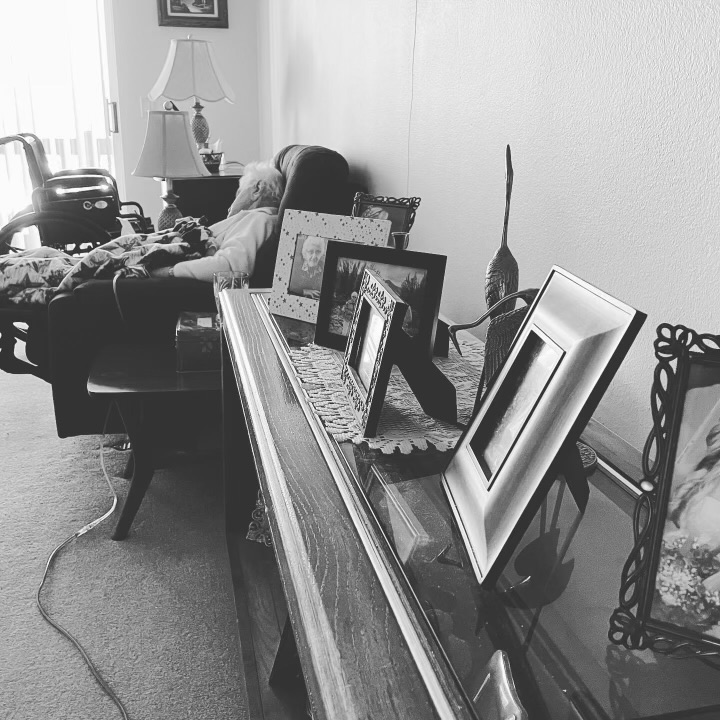
Providing Care for Dementia and Alzheimer’s Disease
While the term “dementia” refers generally to cognitive decline that impacts daily life, including decision-making speed, memory, and problem-solving skills, Alzheimer’s is a specific disease and the most common cause of dementia, according to the Alzheimer’s Association. Although Wogen and his team have treated patients with Alzheimer’s and all types of dementia, they care for more patients with vascular dementia, which is caused by other conditions that affect blood flow to the brain.
When working with these patients, Wogen focuses on slowing further cognitive loss by keeping a close eye on their chronic conditions, as well as their oxygen concentrations to ensure that their hearts and lungs are functioning properly.
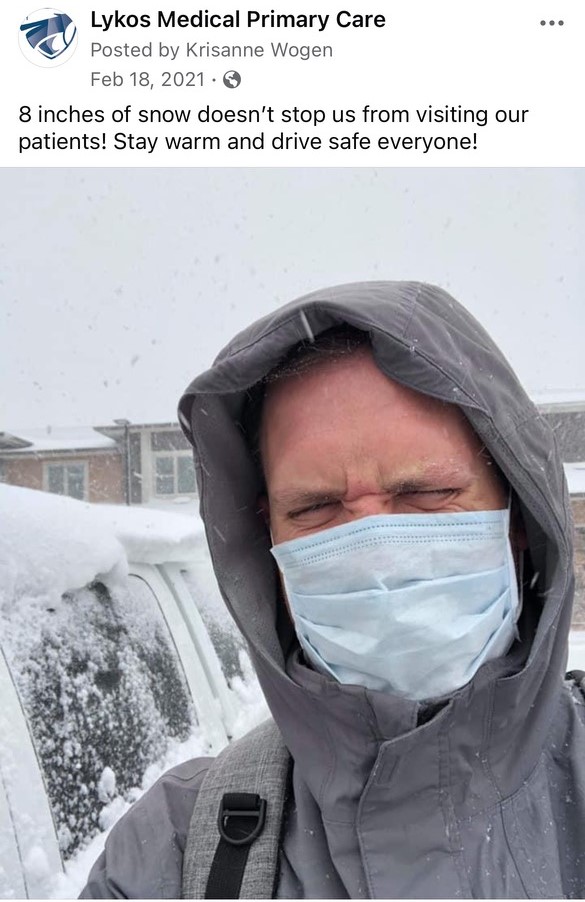
Blood pressure monitoring is also important. “One of the biggest things you can do for dementia is maintain a good blood pressure for the patient,” Wogen said. Indeed, a 2023 study from Cedars-Sinai in Los Angeles found that patients who had fluctuating blood pressure while in the hospital were more likely to develop dementia than those who had stable blood pressure. One theory for this connection is that the fluctuating blood pressure could damage small blood vessels in the brain, but more research is needed. Still, when blood pressure is maintained and medications are prescribed to address other symptoms, cognitive decline can be slowed for a few years up to a decade, Wogen adds.
However, with Alzheimer’s disease, the progression is constant. “Unfortunately, it’s a one-way roller coaster: There’s no stopping it right now,” Wogen said. There are medications that are marketed to potentially slow cognitive decline, but Wogen has found their impact on his patients to be modest. Still, with Alzheimer’s, as well as every type of dementia, Wogen does use medication to manage behaviors like aggression and agitation. “The goal is to give these patients the least amount of medication possible in order to help keep those behaviors in pretty good control while still maximizing the amount of function they have left,” he said.
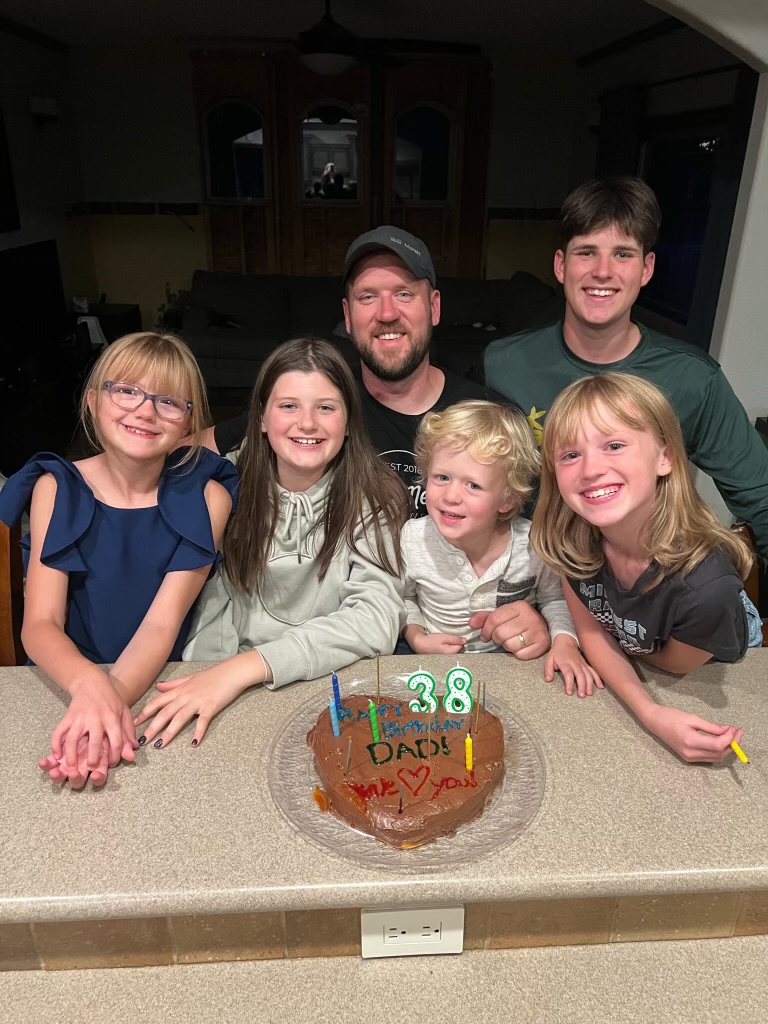
For PAs who educate families about Alzheimer’s and dementia, Wogen said the biggest warning sign they can look for is change. Wogen remembers a conversation with a woman who accompanied her mother to an appointment. The daughter mentioned in passing that she found it strange that the dish soap dispenser in her mother’s home was empty. “I really raised an eyebrow to that,” said Wogen, who ultimately diagnosed the mother with vascular dementia. “She wasn’t addressing a concern about the change; we just happened to be talking about it. But because of that, I really started digging into it, and we found a trend in change of behavior over the past six months to a year.”
Wogen—a father of six who hosts a casino-themed charity event every September called Aces for Angels to support the children of fallen heroes in the military, as well as first responders—also advises that providers see patients with dementia at least once a month to monitor chronic conditions and medications. On average, he sees his patients every other week and spends about 30 minutes with them during each visit.
“They need very thorough evaluations very frequently,” he said. “This is how we help them avoid unnecessary hospitalizations, injuries, and, burdens on their quality of life while still preserving their humanity and dignity.”
Jennifer Walker is a freelance writer in Baltimore, MD. Contact Jennifer at [email protected].
You Might Also Like
Alzheimer’s Q and A with Two PA Experts
AAPA, PA Foundation, Cleveland Clinic, and Davos Alzheimer’s Collaborative Release Early Cognitive Assessment Toolkit
Focused on Efficiency: PA Kevin Riddleberger Develops In-Home, High-Acuity Care Delivery Model
Brain Health Academy Series
Thank you for reading AAPA’s News Central
You have 2 articles left this month. Create a free account to read more stories, or become a member for more access to exclusive benefits! Already have an account? Log in.



